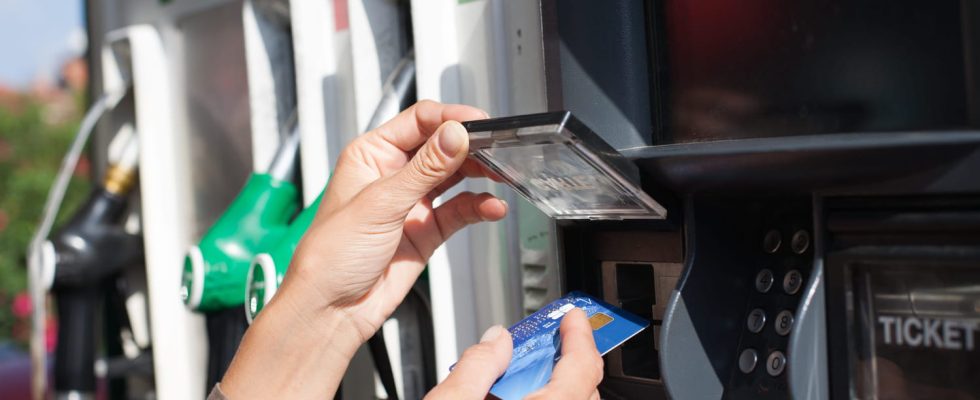Employees who use their vehicle for work can get a financial boost on their taxes thanks to the fuel cost scale. Not to be confused with mileage allowance!
In many sectors of activity, employees are required to take their vehicle to make their business trips. According to a recent Ifop survey for Alphabet France, leader in mobility solutions for businesses, made public on November 21, 2023, 75% of French workers surveyed use the car to get to work, and for some, it is is the most practical, if not the only, mode of transport. But this habit has a certain cost when you think about it. Between vehicle maintenance, insurance and especially gasoline costs… In recent years, it will have escaped no one’s notice that the rise in fuel prices has had an impact on household spending and therefore on employees.
To offset this additional cost, those concerned can deduct their fuel costs from their tax return. This reduction applies specifically to actual fuel expenses (diesel, gasoline, LPG) for vehicles and motorized two-wheelers which have both personal and professional use. This is very different from mileage allowances, which also include other costs such as wear and tear, insurance and possible repairs of a personal vehicle used in a professional context.
According to the Public Service website, this statement must meet a precise scale, called the “BIC scale of fuel costs”, which is updated every year by the administration. This year, it has also been upgraded for vehicles with gasoline engines, those running on LPG and two-wheelers. For example, the scale for a 3 to 4 HP car is now set at 0.099 euro/km for diesel, 0.123 euro/km for super unleaded and 0.073 euro/km for LPG. Concretely, how much does it bring in? Let’s take the case of a motorist who indicates that he has traveled 10,000 kilometers for work with his 4 HP vehicle, running on super unleaded fuel. He will therefore be able to obtain a deduction of 1,230 euros on his taxes (10,000 x 0.123).
How to deduct fuel costs from your tax return? It’s quite simple: on your online declaration, once the “Salary, wages” box is checked, click on “Next” and it is from this step that you must enter the amount of your expenses in the corresponding boxes from 1AK to 1DK. There is no need to attach supporting documents (invoices with VAT, etc.) to your declaration, but be sure to keep them in case the administration requests them for verification.
